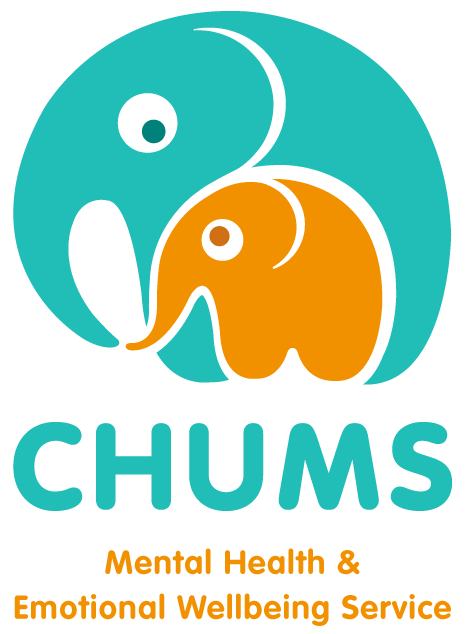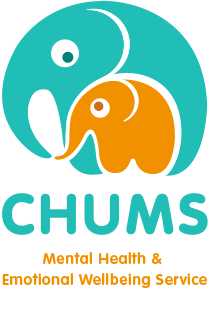Self-harm Myths
Myth 1: Self-harm is Just ‘Attention Seeking’
-
This is an unhelpful label that puts people off getting support.
-
Self-harm is essentially a very private and often secretive behaviour. It is more about expression than attention.
-
If somebody did self-harm for attention then there are still some serious questions to ask about what is going on for that person. The need for attention should not automatically be dismissed as a negative; the need to connect with others and to be valued is genuine and legitimate.
Myth 2: It Means you’re Crazy
-
Sometimes, people who have a diagnosed mental health condition will have associated harming behaviours but for most young people who self-harm it is an expression of emotional distress, which anyone can experience.
-
1 in 10 young people have a mental health disorder and so if you do get given a diagnosis it is not anything to be ashamed of! Don’t be afraid to ask questions as the language can be confusing and don’t forget that the label doesn’t take away who you are as a person.
Myth 3: Boys don’t Self-harm
-
Boys face difficulties just as much as girls – they experience feelings including hurt and sadness and they have a need to express these emotions.
-
Boys often feel uncomfortable expressing emotion or admitting that they self-harm because society tells us that these experiences are unique to women. It is not true. Lots of boys struggle with issues such as self-harm and so it is not “weird” to be one of them.
-
Some boys may not relate to the idea of self-harm if they have a method that isn’t the more commonly known cutting. But self-harm can be any kind of destructive behaviour that somebody does to their own body, so it’s important not to overlook people or actions just because they don’t fit the stereotypes.
Myth 4: Only “Emos” Self-harm
-
Self-harm can affect anybody, regardless of gender, style, musical taste, academic ability or any other category.
-
It is also unhelpful to assume that people who mix in a particular crowd are likely to self-harm. We need to remember that people are individuals with a whole range of tastes and motivations and behaviours.
Myth 5: Talking about Self-harm is Dangerous and Unhelpful
-
Making a subject “taboo” only creates barriers between people and also barriers to support.
-
Young people will be hearing about self-harm from somewhere. It is important that in amongst that they have access to the right kind of information that will give them the facts, keep them safe and direct them to the best kind of support.
“CHUMS have really helped me and I will continue to practice the techniques you have taught me”
“The impact CHUMS has had on both our lives has been nothing but positive!”
“CHUMS has given us reassurance, an ear to listen and the confidence to move forward again”
“It was great to channel my anger and to practise how to be good at school”
“Before, I didn’t ever stop to think about my choices but now I can stop and see what options I have”

